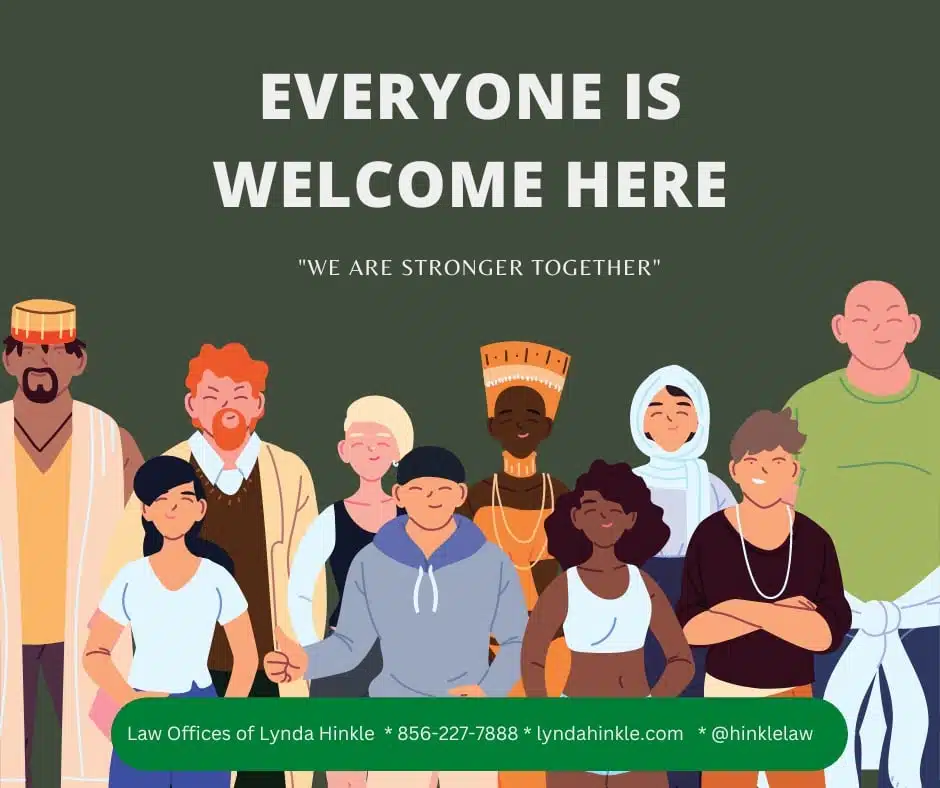
New Jersey Attorney Lynda Hinkle sees some advantages to this approach, but warns that it is not for everybody.
“Many of our clients find themselves up against very unreasonable adversaries whose positions are only able to be changed by court order, not by agreement,” said Hinkle, “As such, this is by no means an appropriate method of resolution when there is a significant power imbalance of any sort.”
Hinkle noted that the bill addresses some of these concerns, for instance making such a collaborative approach unavailable where there are domestic violence issues. “I would go even further,” she said, “For instance, if either party feels they are in a position where they may be compelled by the force of personality or assets of the other party, they should not voluntarily engage in alternative dispute
resolution such as collaborative family law or voluntary mediation.”
She also has concerns about possible problems that may erupt from improper use of the collaborative law process. “Both parties in the process have the right to representation by their own attorney, but often in collaborative or mediated disputes one party foregoes the right to that representation, just because of the cost of retaining two attorneys,” said Hinkle, “But that often means that the interests of both parties are under-represented, and sometimes issues are left out of the resulting agreements which resurface in the form of post-divorce litigation.”
Hinkle’s firm does not practice collaborative law, focusing instead on reasonable negotiation when possible, and litigation when unavoidable. She says, “As a family lawyer, my first step is always to determine if there is a means through which respectful negotiation can resolve the matter without the necessity to pursue it in a court of law. This is not always the technique of every family lawyer, and for those who cannot find a family lawyer willing or able to effectively engage in negotiation, alternative dispute resolutions or collaborative law are excellent alternatives.”
###

